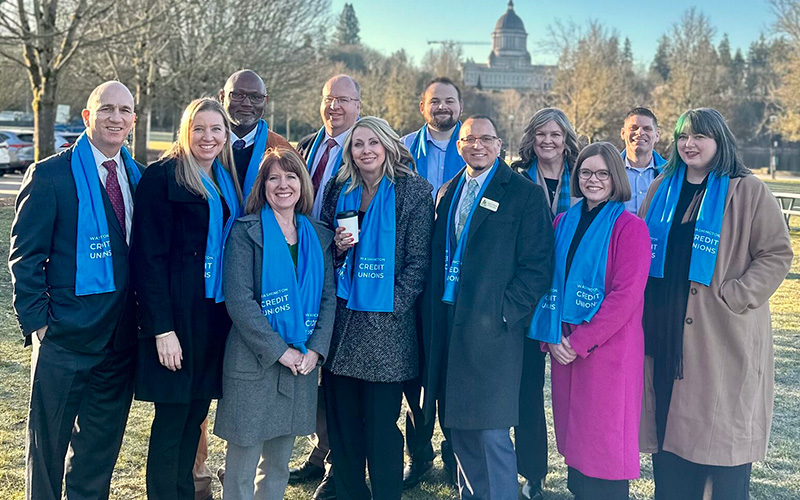Credit unions help consumers achieve their financial dreams. They provide every possible financial service, including savings accounts, loans for cars, homes, and businesses, credit cards, financial counseling, and more.
What is a credit union?
A credit union is a cooperative financial institution owned and controlled by those who deposit their money in the credit union. These people are members, similar to customers, and they have something in common. They may work together, attend the same church, or live in a particular area. As credit unions are not-for-profit, they exist to help their members achieve their financial goals.
How are credit unions different from banks?
That’s easy. Credit unions put people before profits. While banks are owned by stockholders and must deliver profits to them, credit unions are not-for-profit cooperatives, essentially owned by the members using their services. Instead of returning profits to Wall Street, credit unions reinvest in their members, offering them smart, economical products and services, and to top all that off, a voice in how the credit union is operated! Credit union boards are comprised of their members.
The American Credit Union Movement took flight during the Great Depression when people in need could not access the for-profit financial services system. Founding members pooled their own money to make affordable loans possible for people who needed help. Credit unions remain as true to those roots as ever.
Not-for-profit
Credit unions are not-for-profit financial cooperatives existing to serve members, not to make a profit. Unlike most other financial institutions, credit unions do not issue stock or pay dividends to outside stockholders. Instead, earnings are returned to our members in the form of lower loan rates, higher interest on deposits, and lower fees.
Your money is always safe in a credit union.
Deposits in most federally insured credit unions are insured up to $250,000 by the National Credit Union Share Insurance Fund (NCUSIF). Funded by credit unions and administered by the GoWest Credit Union Association, the NCUSIF is backed by the full faith and credit of the U.S. government. A few regional credit unions that are not part of the NCUSIF program carry private insurance to protect their members’ financial assets.
Taxation
Credit unions do pay taxes – payroll taxes, sales taxes, and property taxes. Credit unions are exempt from corporate and income taxes because of their not-for-profit structure.
Ownership
Credit unions are an economic democracy. Each credit union member has equal ownership and one vote – regardless of how much money a member has on deposit. At a credit union, every customer is both a member and an owner who gets to vote on how the credit union will be run through board elections.
Volunteer Boards
Each credit union is governed by a board of directors elected by and from the credit union’s membership. Unlike other financial institutions who pay hefty salaries to their board members, credit union board members serve on a volunteer basis – they do not get paid for their service.
Membership Eligibility
Due to state and federal statutes, credit unions cannot serve the general public. People qualify for credit union membership through some type of “common bond.” This common bond may be an employer, an organizational affiliation like churches or social groups, or by belonging to a specific local community.
Financial Education for Members
Credit unions assist members in becoming better-educated consumers of financial services. For example, credit unions have partnered with local schools and organizations like FoolProof and the National Endowment for Financial Education (NEFE) to bring reliable financial education to ALL consumers.
People Helping People
Credit unions exist to help people, not make a profit. The goal is to serve all the members well, including those of modest means – every member counts. Members are fiercely loyal for this reason. They know their credit union will be there for them in bad times as well as good. The same people-first philosophy encourages credit unions and their employees to get involved in community charitable activities and worthwhile causes.
On The Go Articles
Advocacy Season Kicks Off: Why Your Voice Matters at the Capitol
Credit Union Day at the Capitol in each state is crucial. This is an opportunity to elevate the voice of credit unions directly in the halls of power.
Building Trust Through Expertise: Credit Unions in the Media Spotlight
From practical money advice to timely economic insights, local outlets are turning to credit unions as credible voices who can help communities make informed financial decisions.
Celebrating Our 2025 Top of the Hill Award Winners
The award celebrates credit unions that demonstrate exceptional growth and leadership in advocacy, grassroots engagement, and public policy influence to protect and advance the credit union movement.



